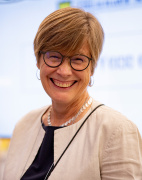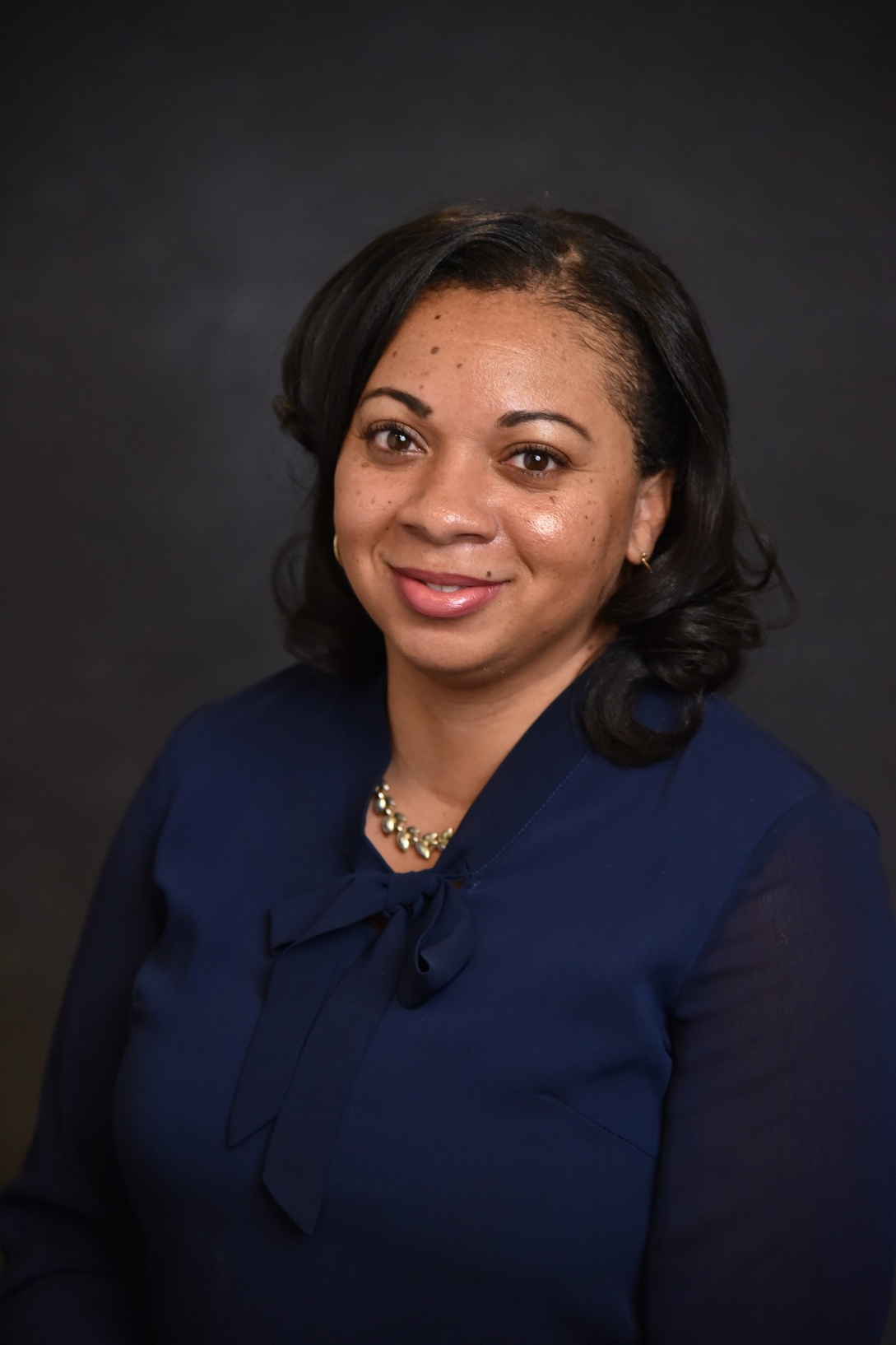
Vision
In its formative years, the Ford School earned its reputation as a true pioneer in policy education. Beginning in 1914, we launched the nation's first systematic public service training program for local government leaders. We built the nation's first interdisciplinary, analytic public policy degree in 1968. In 1999, we proudly took the name of the University of Michigan's favorite son, the 38th President of the United States of America.
A Bold Future for the Ford School
As we transitioned into a new millennium, the Ford School revised and strengthened its vision. We aim to inspire and train exceptional leaders. To launch and lead game-changing research projects that transform how we address society's most intractable challenges. To arm policy communities in the state of Michigan, in Washington, DC, and around the world with first-rate academic insights and discoveries.
Today, we're known around the world as an elite policy school housed at a world-class University. Tomorrow, we can and will do more. Your generosity--your investment--will power our future in shaping leaders and tackling our world's toughest challenges.
Inspiring leaders

Read more about Latesha Love (MPP '02) and rare and powerful analysis.
Students who choose the Ford School are diverse and gifted, active and engaged, creative and passionate, and committed to finding big-picture solutions to our world's most difficult challenges.
Our program teaches them to think analytically and across disciplines, appreciate context and culture, communicate clearly and effectively, and govern wisely. We bolster their networks and knowledge, offering rich and plentiful opportunities for them to address real-world policy challenges. Our collegial culture builds their confidence to lead.
But the University of Michigan is being constrained financially from all sides. Over the last 20 years, funding for public education has experienced historic declines across the nation. And so too often, our students graduate with a debt burden that limits their choices, their potential.
We must increase the number of students that we can help. We must grow our opportunities for applied learning and international study.
Our vision is to provide the best policy education in the country to the most promising future leaders.
Game-changing discovery
Read more about Brian Jacob and Susan Dynarski and philanthropy's power.
Poverty and economic development. Health and human security. Energy and the environment. Alongside their critical work as teachers and mentors, Ford School faculty members are nationally and internationally recognized experts in these and other vitally important policy areas. They use cutting-edge social science research methods, including demonstration trials, complex-adaptive systems approaches, mixed-methods studies, elite opinion surveys, and more.
Michigan is a knowledge powerhouse, with a truly unique level of cooperation across schools and departments. With the time and resources required to launch and lead strategic research, our interdisciplinary and collaborative faculty make transformational discoveries--identifying new methods for fostering cooperation in the midst of intractable conflicts, slowing the spread of life-threatening diseases, and designing low-cost methods to reduce poverty in developing nations.
We must recruit and retain thought-leaders in vitally important policy areas. We must invest in their most promising research ideas.
Our vision is to unleash the creativity of the world's most inventive faculty researchers, making it possible for them to tackle the world's most pressing concerns.
Catalysts for change
Read more about Jason Weller (MPP '99) and cooperative conservation.
At the Ford School, brilliant researchers are seeking and finding actionable policy solutions.
But knowing what could make a difference is not enough. Our vision is to move from understanding to action--not an easy task in a noisy world, a world where innovative solutions are too often thwarted by partisanship, spin, and gridlock.
On critically important policy issues, our faculty have enriched understanding, built consensus, and mobilized action. They've grown the number of low-income students who attend college by simplifying a complex financial aid form. They've helped communities balance the economic and environmental issues raised by fracking--arming state and local government leaders with trustworthy information on policy options. And they've saved lives by working to regulate the trade of weapons to countries with poor human rights records.
We must do more. We must invest in policy engagement, enabling the Ford School to put its strengths and relationships to work, cutting through the noise to catalyze real and lasting change in the world.